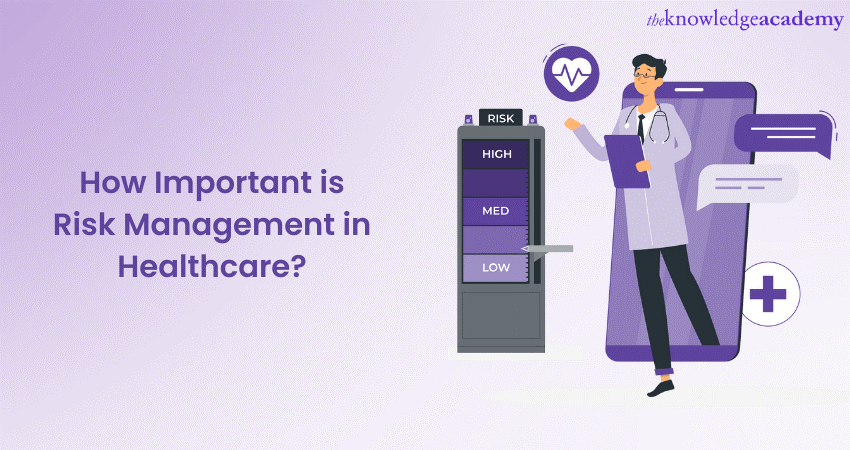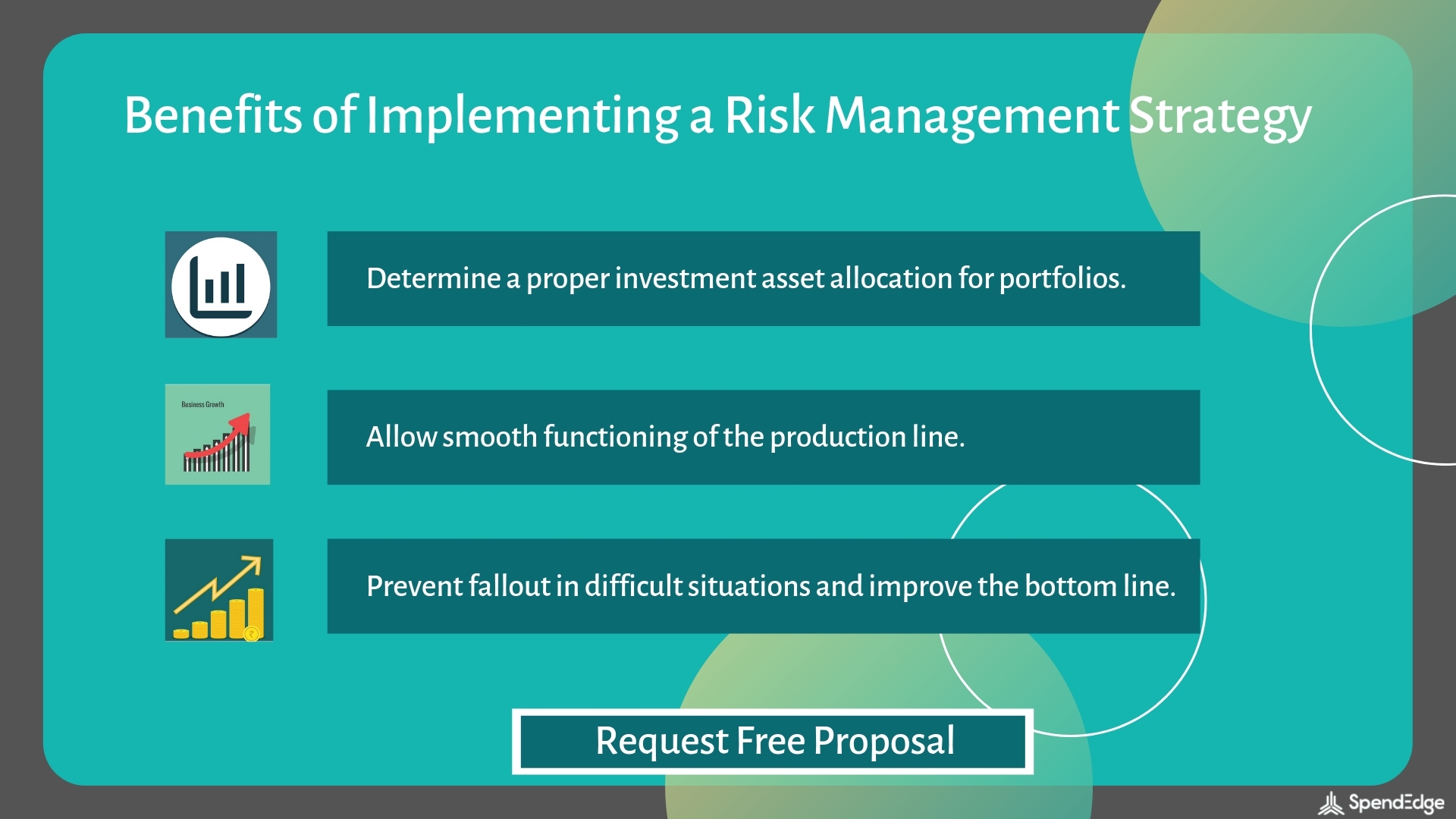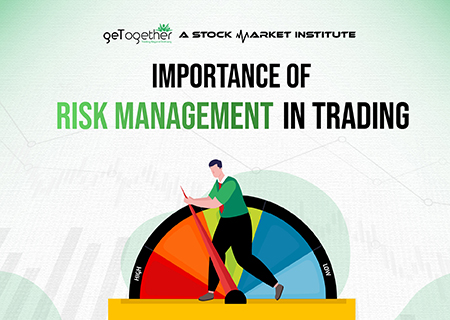How the Importance of Risk Management Facilitates Successful Project Outcomes
How the Importance of Risk Management Facilitates Successful Project Outcomes
Blog Article
The Significance of Comprehending the Significance of Risk Management in Various Industries

The Core Principle of Risk Management and Its Objective
Risk Management, the cornerstone of many industries, hinges on the identification, examination, and reduction of unpredictabilities in a service environment. By properly recognizing potential threats, organizations can develop approaches to either protect against these risks from occurring or reduce their effect. When threats have actually been identified and assessed, the reduction process includes devising methods to minimize their potential influence.
Advantages of Implementing Risk Management in Service Workflow

Revealing the Role of Risk Management in Different Industries
While every sector faces its one-of-a-kind collection of dangers, the application of Risk Management methods remains a common measure in their quest of sustainability and development. In the medical care industry, Risk Management entails ensuring patient safety and security and data protection, while in finance, it involves mitigating financial investment threats and ensuring regulatory compliance (importance of risk management). Building and construction companies concentrate on worker security, task delays, and spending plan overruns. In the innovation sector, firms reduce cybersecurity dangers and modern technology obsolescence. Ultimately, the duty of Risk Management throughout industries is to recognize, examine, and mitigate risks. It is an essential element of strategic planning, allowing organizations to protect their properties, optimize opportunities, and accomplish their purposes.
Real-life Situation Researches Showing Effective Risk Management
To recognize the importance of Risk Management in these lots of fields, one can seek to several real-life circumstances that highlight the successful application of these actions. In the power field, British Petroleum created Risk reduction intends post the 2010 Gulf of Mexico oil spill. They applied much better safety and security treatments and stricter laws which considerably lowered try here additional accidents. Similarly, in finance, Goldman Sachs successfully navigated the 2008 economic situation by determining potential mortgage-backed safety and securities threats early. Last but not least, Toyota, upload the 2011 earthquake in Japan, revised its supply chain Management to decrease disturbance threats. These instances show how sectors, gaining from crises, effectively used Risk Management techniques to lower future dangers.
Future Trends and Developments in Risk Management Methods
As the world continues to evolve, so too do the fads and growths in Risk Management strategies. Fast innovations in innovation and information analytics are reshaping the Risk landscape. Huge information and AI are currently crucial in anticipating and reducing threats. Organizations are leveraging these devices to build predictive versions and make data-driven decisions. Cybersecurity, when an outer problem, has catapulted to the center of Risk Management, with strategies concentrating on action, detection, and prevention. The combination of ESG (Environmental, Social, Administration) check over here factors into Risk Management is an additional expanding fad, showing the enhancing recognition of the duty that environmental and social threats play in organization sustainability. Thus, the future of Risk Management depends on the combination of advanced innovation, ingenious approaches, and a holistic method.
Verdict
To conclude, comprehending the importance of Risk Management across a range of markets is critical for their longevity and success. Customized strategies can help reduce possible threats, secure possessions, and foster stakeholder trust. In addition, proactive decision-making help in governing conformity and enhances source usage. Inevitably, effective Risk Management adds to much more durable and sustainable companies, highlighting the relevance of this practice in today's extremely affordable and dynamic organization atmosphere.
While every sector challenges its one-of-a-kind collection of risks, the execution of Risk Management approaches stays an usual in their pursuit of sustainability and growth. In the medical care market, Risk Management requires ensuring patient security and information defense, while in finance, it includes mitigating financial investment threats and ensuring regulatory compliance. Eventually, the role of Risk Management across sectors is to recognize, assess, and reduce risks. These cases demonstrate just how markets, finding out from situations, properly used Risk Management techniques to decrease future dangers.

Report this page